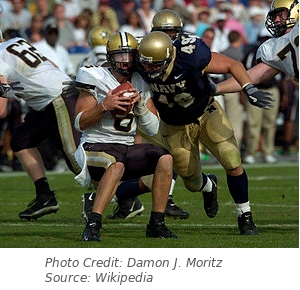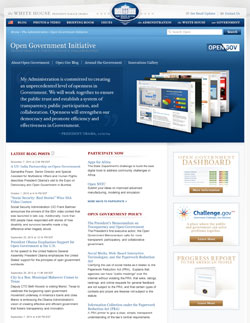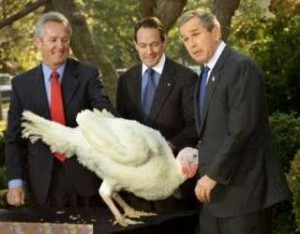 In October 2009, the House Judiciary Committee held a contentious hearing on the NFL’s response to brain injuries in current and former players. The chairman of the NFL committee on brain injuries subsequently resigned. In December 2009, the NFL announced stricter guidelines for returning to play after a player sustains a concussion on the field.
In October 2009, the House Judiciary Committee held a contentious hearing on the NFL’s response to brain injuries in current and former players. The chairman of the NFL committee on brain injuries subsequently resigned. In December 2009, the NFL announced stricter guidelines for returning to play after a player sustains a concussion on the field.
The new guidelines require that players who suffer concussions cannot return to a game or practice until they show no further symptoms of concussion and are cleared by both the team doctor and an independent neurologist.


 My friends and coworkers know that I’m a big fan of J.K. Rowling’s Harry Potter series. This year, interest in the boy wizard and his world was heightened by the spring opening of the
My friends and coworkers know that I’m a big fan of J.K. Rowling’s Harry Potter series. This year, interest in the boy wizard and his world was heightened by the spring opening of the 


 As we go about our routines on
As we go about our routines on 
